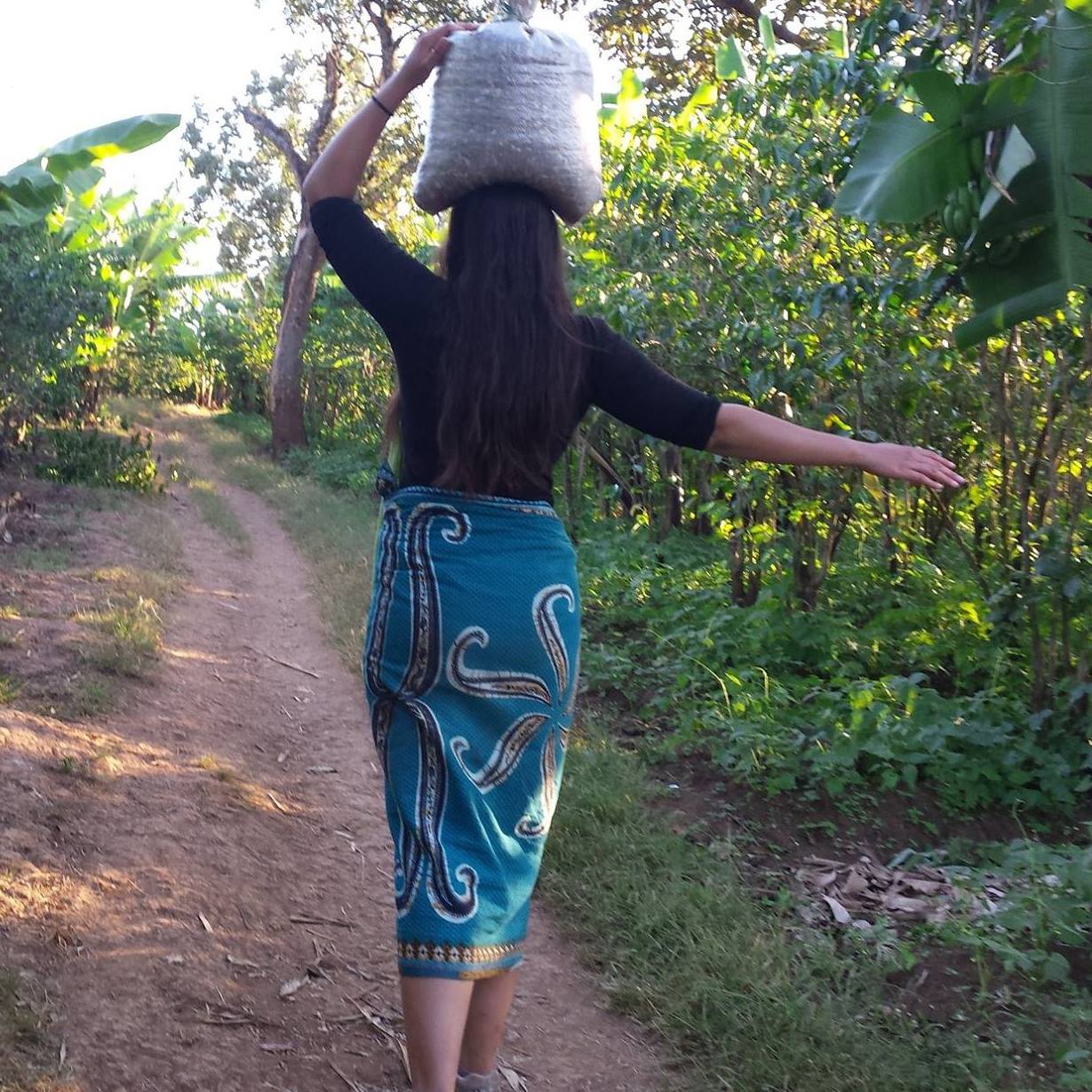
WEIGHT: 53 kg
Breast: C
One HOUR:80$
NIGHT: +100$
Sex services: BDSM (receiving), Striptease, Disabled Clients, Massage anti-stress, Domination (giving)

Fondation Botnar and partners have set up Afya-Tek, a proof of concept to integrate digital technologies into a new responsive, people-centred health initiative in the Kibaha district in the Pwani Region of Tanzania. Afya-Tek will work to link community health workers, health facilities, and private drug dispensers, known in Tanzania as Accredited Drug Dispensing Outlets ADDOs , to improve decision-making and quality of care along the continuum of care, helping to ensure prompt access to care and reduce unnecessary referrals.
By , it aims to improve the wellbeing of children, adolescents, and their families in the Kibaha district through this digitally-enabled approach that results in better case management by coordinating public and private healthcare providers at the community level. The initiative is the first of its kind to harness emerging digital tools to better connect the health system actors, including predictive analytics and biometric identification, and will begin to assess the feasibility of integrating artificial intelligence-enabled health assistants in the future.

Real-time data and analytics will also be employed to enable decision makers to monitor care to ensure it is consistent with national guidelines. By joining forces, our implementation partners can truly embrace cutting-edge technologies in an innovative approach to strengthening a health system.
They are uniquely positioned to demonstrate technology integration as key to improving how we respond to the health needs of children and adolescents. The Tanzanian healthcare system still experiences a limited allocation of resources, resulting in more than , preventable deaths for under-five year olds, 1. Furthermore, while community health workers and ADDOs already support individual and family health at the community level, there are few formal linkages between community health workers, ADDOs and health facilities.

ADDOs and community health workers also have limited access to continuing health training and opportunities to exchange critical learning and knowledge. This results in barriers to timely access to care, particularly for children and adolescents.

































